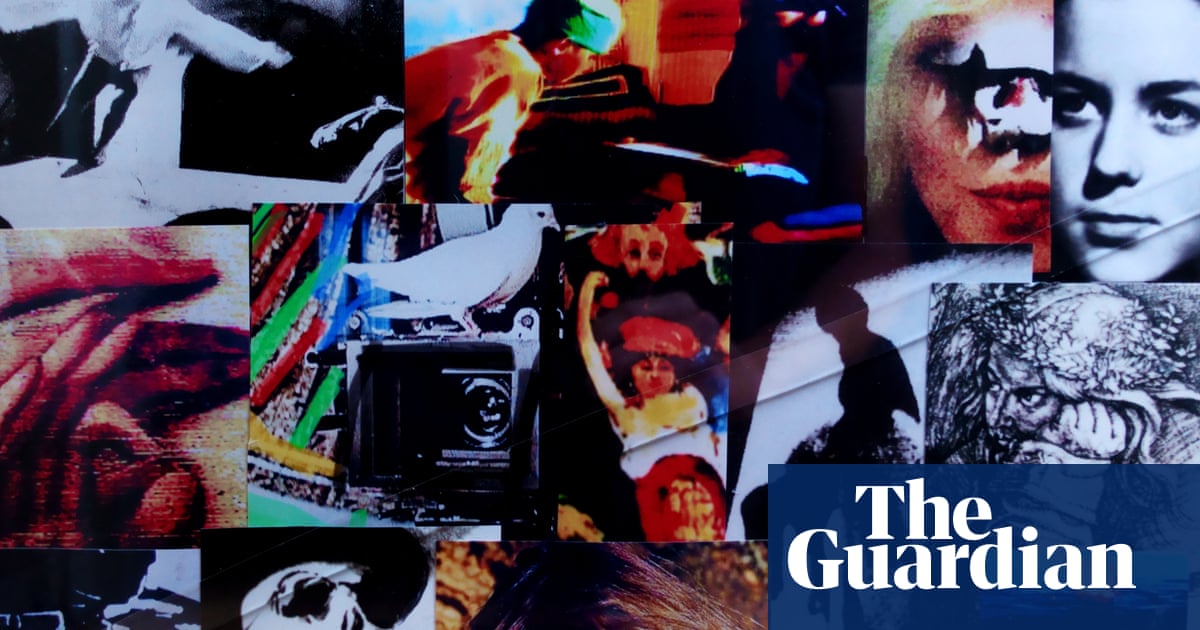
According to Jean-Luc Godard, movies give us “truth at 24 frames per second”. If you watch the films of the French-Swiss director, who died this week aged 91, you’ll understand what he means, though not in the most obvious ways. His work taught me as much about how truths are messed about, obfuscated and subverted in our age of mass media as any academic writing has done, not least because I was able to watch it at home on television.
I came to Godard’s films in my late teens, as a first-generation student raised on whatever was showing on The Four TV Channels. That very lack of choice made what was shown all the more significant. It helped that there was an evident attempt to avoid medium-brow sludge, and instead offer a little bit of everything.
From watching documentaries by Roger Graef and Mike Dibb you were able to develop a love for realism in TV and film without even realising it; Alan Bleasdale’s Boys from the Blackstuff, which made my dad cry, was as funny and wacky as it was utterly truthful. What this hodgepodge gave me, and many others around my age, was a healthy disrespect for cultural boundaries: so would you if you’d grown up watching Seaside Special – a hideous end-of-pier variety show – and the longform arts strand Arena on the same night.
When I left home to go to university, watching Godard’s films late at night on Channel 4, with no video recorder and nothing else on worth watching, was my supplementary education.
Some of Godard’s films are intensely watchable, others barely so, but it was his understanding of the collective compulsion to make sense of imagery that counted most. The seven-minute scene tracking a mile-long traffic jam in 1967’s Week-end might drive you mad, but that’s the whole point: the whole car system is mad, as is spending most of the time when you’re not at work stuck in it. Why does Jean-Paul Belmondo paint his face blue in the intensely romantic Pierrot le Fou, from 1965? Because his dream has failed, so why not?
Godard knew exactly what he was doing: not just because of his training as a critic, for the film magazine Cahiers du Cinéma, but because of his pure love for, and absorption in, cinema. When he came to make A Bout de Souffle (Breathless) in 1959, Godard had already spent years poking a stick at the dullard French film establishment, which to him and other critics such as his mentor André Bazin, and writer-filmmakers François Truffaut and Éric Rohmer, sought to trap France in a ludicrously false – not to mention dangerous – nostalgia.
Godard understood better than most how to cut through comforting and confining narratives – sometimes literally, as when his great star and collaborator Anna Karina studiedly slices the air with a big pair of scissors in Pierrot le Fou. That film’s radiant repetition of the French tricolore – right down to Belmondo’s red shirt and blue-painted face – remakes the flag at the same time as cutting it up. You don’t have to do things the same way, over again, he suggested: what is youth for if not to inject life, culture, society, with new energy?
You wouldn’t always want to follow him down every path he took – 1967’s La Chinoise categorically didn’t turn me into a Maoist – but what mattered is that by viewing his films you were made aware that such paths existed.
This matters now, at a time when we can have, in Bruce Springsteen’s words, “57 channels and nothin’ on”, even though the world we live in requires arguably more scrutiny and sense-making than ever before. Godard enthusiastically took up the role of guide to the postwar landscape of leisure, youth culture and mass disaffection, and the continual struggle to get France and the US, in particular, to acknowledge their addiction to violent domination.
At their best, his films fizz with commitment to the idea of reaching beyond what’s in front of you – beyond what you’re presented with – towards what you hope for. They are playful in the very best sense: never frivolous or glib, but rather, deadly serious about what life is for and the forces designed to keep us from realising what it’s really all about. You’d never guess it from the way Godard’s detractors go at him, lazily, for his un-watchability and political missteps. The message of his work is that life has to be grabbed and made joyful with every new moment: il faut, as Sartre would say. You must.
Lynsey Hanley is a freelance writer and the author of Estates: an Intimate History and Respectable: Crossing the Class Divide












